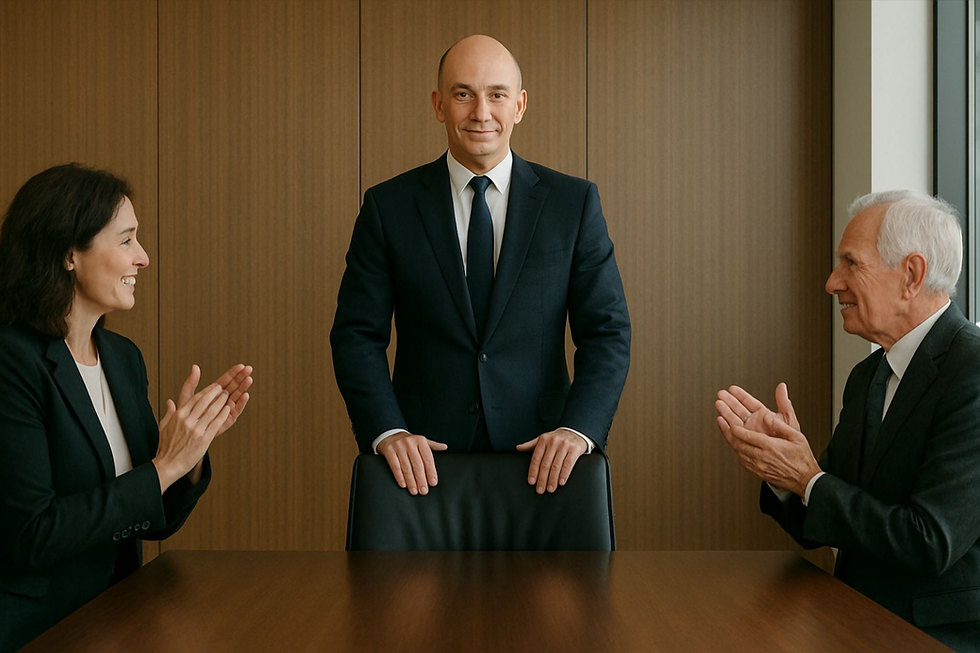The Burnout No One Talks About
- Austin Shaw
- Jul 21, 2025
- 2 min read
Updated: Sep 1, 2025
By Austin Shaw
Burnout doesn’t always look like collapse. Sometimes it looks like quiet resentment. Like snapping at a teammate. Or numbing out when another Slack ping hits. It looks like checking all the boxes—and still feeling like you're failing.
And more often than not, it’s not the work itself that’s burning you out. It’s the invisible expectations.

Where Burnout Really Comes From
We tend to think burnout is about volume—too many hours, too many meetings, too many deadlines. And yes, workload matters. But research from Christina Maslach and other leading experts in burnout suggests something deeper: burnout stems from a mismatch between what we expect and what’s actually happening in key areas like control, fairness, and community. Which is where expectations come in.
Most of us are walking around with a whole ecosystem of expectations in our heads:
What your boss should know without you saying it.
What your partner should do because you would do it.
What your team should deliver without being asked twice.
But expectations—especially unspoken ones—are landmines. They create tension, resentment, and emotional fatigue. And they are a terrible substitute for real communication.
Expectation vs. Agreement: The Burnout Antidote
Let’s make the distinction clear:
Expectations are internal, often unconscious. They’re based on what we think should happen.
Agreements are external and explicit. They’re co-created and conscious.
Most workplace stress doesn’t come from broken agreements—it comes from expectations that were never actually agreed to.
So when that late-night email lands in your inbox and your stomach turns, it’s worth asking: Did I ever agree to this? Or did I just assume it was expected?
In coaching, I often guide clients to start noticing where their burnout might be coming from - unspoken expectations — both of others and of themselves.
Try this:
Think of a recent frustration at work or home.
Ask: Was there a clear agreement—or just an expectation?
If it was only an expectation, what would an agreement have looked like?
Then take it one step further: create that agreement now. Start small. Name it. Confirm it. Make it mutual.
This practice doesn’t just reduce stress. It builds trust, restores agency, and prevents the emotional leakage that slowly erodes our well-being.
Final Thought: Clarity Is Kindness
Burnout isn’t just about overwork. It’s about feeling out of control, unseen, and unsupported.
Clear agreements restore control. They create psychological safety. And they free up your energy to focus on what really matters.
So before you take on more, pause. And ask: Is there an agreement here? Or just an expectation I’m afraid to challenge?
You’ll be surprised how much shifts when you stop saying yes to things you never actually said yes to.



